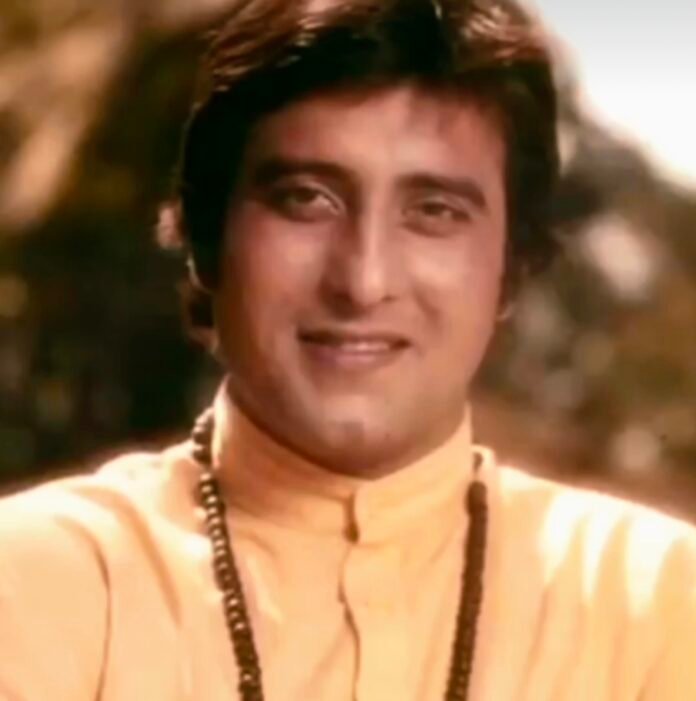In the 1970s, Bollywood star Vinod Khanna captivated audiences with his charm and good looks. After making his film debut in 1968 with ‘Man Ka Meet,’ he gained fame for his roles as a villain in films such as ‘Purab Aur Paschim,’ and later established his stardom with successes like ‘Mere Apne’ and ‘Mera Gaon Mera Desh.’

At the height of his career, Khanna surprised many by leaving the film industry to follow Osho, spending time at the Rajneeshpuram commune in America. His son, Akshaye Khanna, later suggested that his father might not have returned if the commune had not disbanded, adding an intriguing chapter to Bollywood’s history.
Akshaye Khanna reflected on his father’s decision to renounce worldly life and become a sanyasi. He was only four or five years old when Vinod Khanna left, and it wasn’t until he was 15 or 16 that he began to understand the significance of his father’s absence. As a young child, Akshaye did not connect his father’s departure with Osho or the concept of renunciation, explaining, “At five, one doesn’t think about it like that. Osho had no impact on my understanding of why my dad wasn’t there. That understanding came much later.”
He continued, “To leave his family and embrace ‘sanyaas’—which means renouncing everything, including family—was a life-changing decision. At five, it was impossible for me to comprehend, but now I understand it better.”
As Akshaye matured, he grasped the gravity of his father’s decision to take sanyaas. He recognized that it involved giving up not just family but one’s entire life, a choice Vinod Khanna felt compelled to make at the time.
Akshaye further explained that with age, he realized something profound must have motivated his father to take such a drastic step. Despite having achieved much in life, his father must have felt that spiritual fulfillment was worth the sacrifice. Akshaye noted, “Something must have deeply moved him to make such a decision, especially when life seemed to offer everything he could want.”
The reasons behind Vinod Khanna’s return to India after his time with Osho are less known. Akshaye clarified that his father’s return was not due to a sudden change of heart. He explained, “A major internal shift or crisis is required to make and adhere to such a decision. But the return was also influenced by the situation in America, including friction between Osho’s commune and the U.S. government.”
Akshaye revealed that his father’s return was due to the complications in America, particularly issues with Osho’s commune and the U.S. government, not because of disillusionment with Osho. He stated, “From what I remember, my father was not disillusioned; the commune’s dissolution forced him to return. Otherwise, he might have stayed.”
During his five years in the United States, Vinod Khanna immersed himself in a modest and transformative experience, engaging in tasks such as washing dishes, cleaning toilets, and serving as Osho’s gardener. This period marked a significant shift in his life, focusing on simplicity and spiritual growth, far removed from his previous Bollywood fame.



